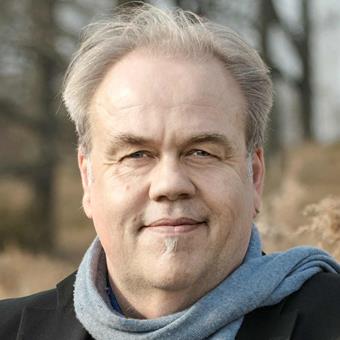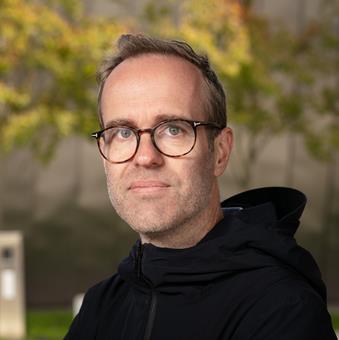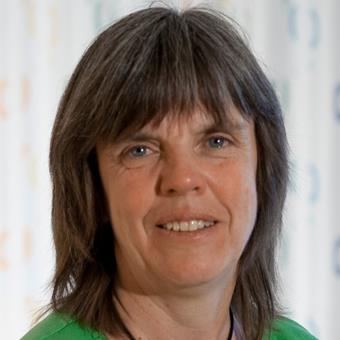Biogas Solutions and Industrial Symbiosis
The focus of the research is on renewable energy carriers, especially biogas, and industrial symbiosis. I also have a great interest in the development of corporate sustainability management, where I am involved in business development and teaching.
Implementation of Resource-Efficient Biogas Solutions
My research largely concerns biogas solutions, with an important base in the transdisciplinary competence center Biogas Solutions Research Center (BSRC), of which I am one of the founders. BSRC engages a large number of researchers with different competence profiles, and the research is conducted in close collaboration with participating companies, public organizations, and interest organizations. I am particularly involved in projects where we study the potential, resource efficiency, and sustainability performance of biogas solutions with broad system perspectives. This type of "systems research" can, among other things, facilitate well-founded decision-making, for example by collecting and structuring relevant information.
Through the Swedish Energy Agency, I am Sweden's representative in IEA Bioenergy, Task 37, which is an international group focused on biogas.
Industrial Symbiosis for Increased Business Benefits and Improved Environmental Performance
Research in industrial symbiosis is about finding resource-efficient solutions through long-term collaborations between local and regional actors, often cross-sectoral. This can enable smart solutions with more efficient use of materials, energy, and other available resources, which can result in increased business benefits, improved environmental performance, etc. Industrial symbiosis is a good "platform" for research on biogas solutions and other areas. For example, I have also studied the relevance of industrial symbiosis in the cement sector, in collaboration with CEMEX, one of the largest cement manufacturers in the world. We examined, among other things, the climate performance of different ways of manufacturing cement.
Corporate sustainability management
Another area of interest is corporate sustainability management (including environmental management), which among other things concerns the connection between organizations' activities and their environmental/sustainability impact. I am the author of the book "Environmental Management," which is used at several universities/colleges.
I teach several courses in corporate sustainability management, including a doctoral course. It deals with the conditions in the surrounding world (e.g., obstacles and drivers), business models and strategies, tools and concepts in sustainability work, etc.
Here, 6 years of work as an environmental consultant has also contributed relevant experiences. My doctoral thesis dealt with environmental management systems according to ISO 14001 and EMAS, where I examined in various ways whether environmental certification affected companies' environmental performance. The focus was mainly on important factors that determine the extent to which environmental management systems contribute to effective environmental work.












































